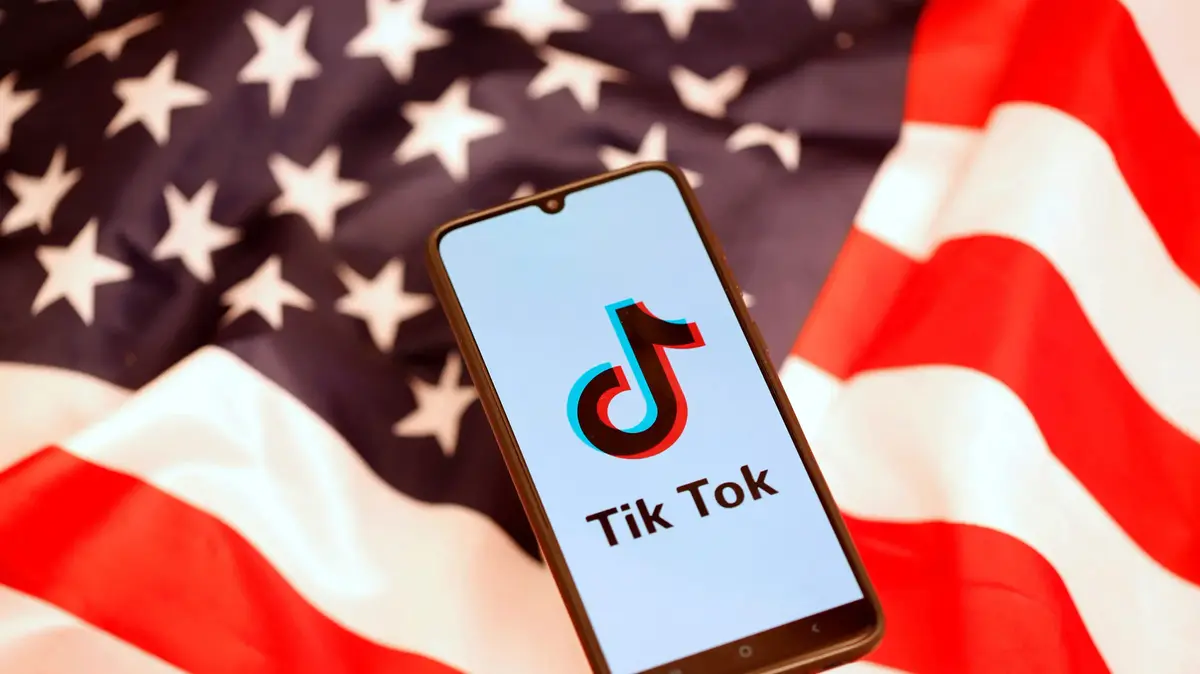Enlarge image
Booking.com has been obliged by the EU Commission to refrain from eight specific "dark-pattern" practices
Photo: Fabian Sommer / dpa
It can and should become the next central pillar of internet regulation, with effects far beyond Europe: The package from the Digital Services Act (DSA) and the Digital Markets Act (DMA) of the EU aims to improve the business models of large internet platforms and services especially from the USA to set new limits and to strengthen consumer protection. The DSA deals, among other things, with illegal content and recommendation algorithms for online platforms, while the DMA deals with aspects of competition law.
For EU standards, the legislative process is currently proceeding very quickly.
Representatives of the member states agreed this week on their position on the DSA and last week on the DMA; the Council of Ministers will formally confirm both next week.
That would be less than a year after the EU Commission presented its draft laws.
The EU Parliament is not quite there yet, but an agreement on the negotiating positions for the two planned regulations could be reached in early 2022.
Afterwards, Parliament, Council and Commission would negotiate the final versions together in a so-called trialogue.
Trialogue could start in early 2022
However, it is becoming apparent that the Council and Parliament want to improve or tighten the Commission's drafts in various places.
On Tuesday, shortly before the agreement in the Committee of Permanent Representatives of the Member States (Comité des représentants permanent, or Coreper for short), the French magazine Contexte and Netzpolitik.org published a confidential paper with their requests for changes to the DSA - and they have it all .
On the one hand, the member states want to ban the so-called dark patterns.
These are design tricks on websites that encourage users to do something they really don't want, such as taking out a paid subscription or consenting to tracking.
(We have described examples of such tricks in more detail here and here.)
The Coreper paper states that the providers of online marketplaces "may not design, structure or organize their user interfaces in a way that users" either deliberately or actually deceive or manipulate "by undermining their free decisions. The paper does not specify when a limit would be exceeded here, but is important if the DSA wants to go beyond the law that is already in force at this point.
In the German law against unfair competition, for example, it is already forbidden to induce a consumer to "make a business decision that he would otherwise not have made". However, this only applies to false claims about temporary price advantages, availability, risks or the composition of a product or if there is a risk of confusion with other goods and services.
On the other hand, the council wants to explicitly impose the obligation to quickly delete illegal content, including "very large search engines" - primarily Google and Microsoft's Bing - as well as public, potentially unlimited groups on messenger platforms. According to the definition in the paper, the latter is likely to affect telegram channels, for example, but not telegram groups, because they cannot be unlimited in size. Cloud providers and operators of private messaging services or e-mail providers should also not be affected.
What the Council - unlike at least parts of the EU Parliament - does not want, however, is a ban on targeted advertising with the help of user tracking.
Another controversial point in the trialogue negotiations could also be the distribution of competencies in the supervision and enforcement of the new rules.
Should there be a final agreement in 2023, that would still be quick.
pbe














